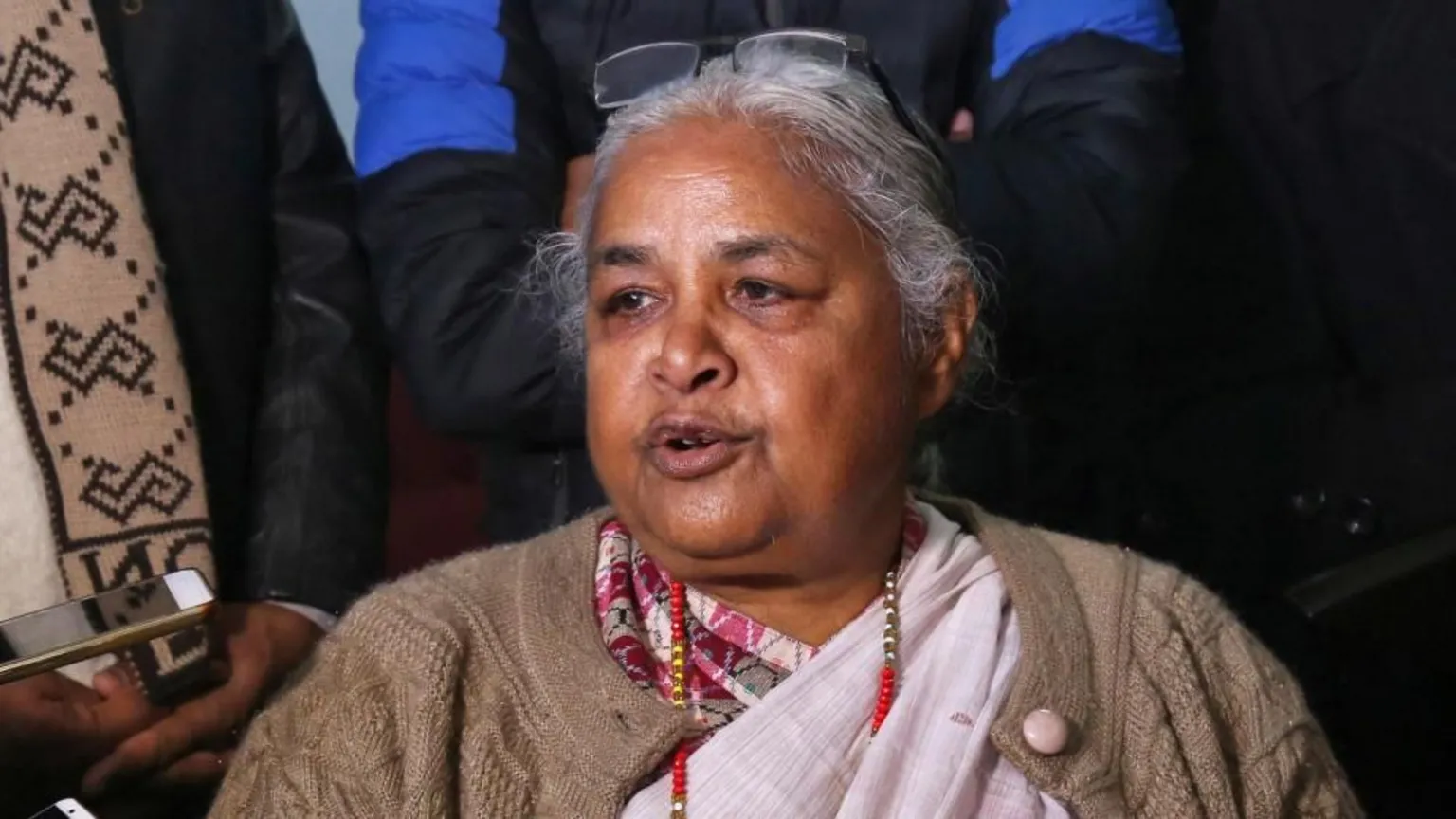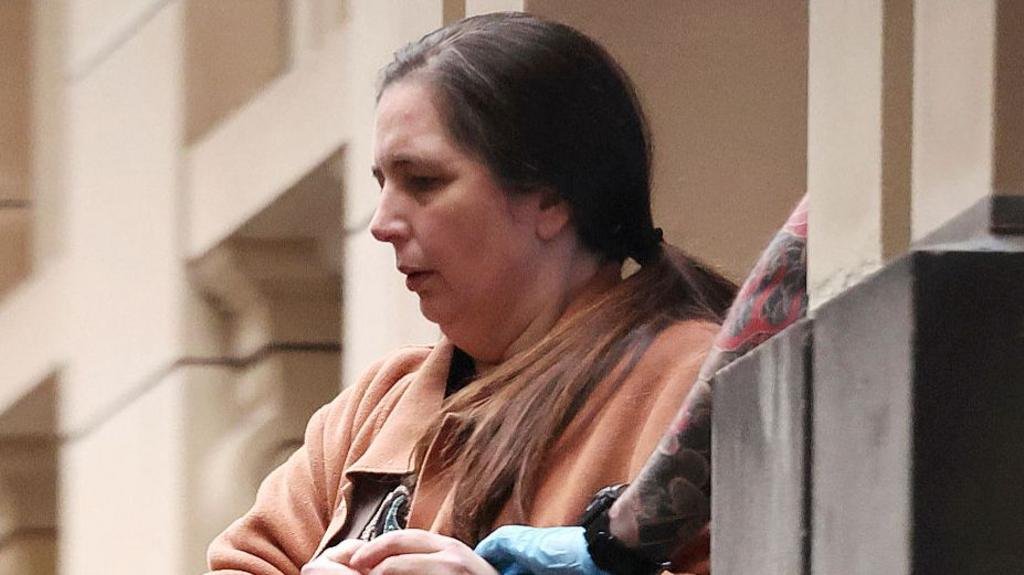Nepal Gets First Female Prime Minister After Deadly Unrest
Kathmandu, Nepal – In a historic moment for South Asia, Nepal has appointed its first-ever female Prime Minister following weeks of deadly unrest and political turmoil. The appointment marks a turning point in the country’s fragile democracy, coming after nationwide protests left dozens dead and hundreds injured.
A Historic First for Nepal
The newly sworn-in Prime Minister, [Insert Name of PM], is not only the first woman to hold the nation’s highest office but also a symbol of resilience for millions of Nepalis demanding reform. Her appointment follows the resignation of the previous Prime Minister after violent clashes erupted between security forces and protestors calling for greater equality, accountability, and economic relief.
This moment carries deep significance for Nepal’s political landscape. For decades, leadership in Nepal has been dominated by male politicians from a few powerful parties. The rise of a female leader is being celebrated as a step towards gender equality and inclusive governance in the Himalayan nation.
The Deadly Unrest That Triggered Change
The past few weeks have been some of the most turbulent in Nepal’s recent history. Protests erupted in Kathmandu and several provinces over allegations of government corruption, inflation, and lack of disaster response. The unrest quickly escalated, leading to violent clashes with police. Human rights organizations report at least 40 people killed and hundreds more wounded, with many detained under emergency laws.
International observers had warned that the government’s heavy-handed approach risked further destabilizing the country. Under growing domestic and international pressure, the former Prime Minister stepped down, paving the way for a coalition-led decision to appoint the new female leader.
Challenges Facing the New Prime Minister
While the appointment is being hailed as historic, the new Prime Minister faces an uphill battle. Nepal is grappling with several urgent crises:
- Restoring Public Trust: The government must rebuild confidence after weeks of bloodshed and political deadlock.
- Economic Recovery: Inflation, unemployment, and falling remittances have left millions struggling.
- National Unity: Ethnic and regional tensions remain high, and healing divisions will require inclusive dialogue.
- International Relations: Nepal must balance its relations with neighboring India and China, both of whom are watching developments closely.
Global Reaction to Nepal’s First Female Leader
World leaders and international organizations have welcomed the appointment. The United Nations praised Nepal’s parliament for taking a step toward gender equality, calling it a “beacon of progress for South Asia.” Feminist and human rights groups across the region have expressed hope that her leadership will inspire more women to enter politics in traditionally patriarchal societies.
Neighboring India and China, Nepal’s two largest trade partners, have issued statements urging stability and cooperation. Analysts say the geopolitical significance of this leadership change cannot be underestimated, given Nepal’s strategic position between the two Asian giants.
Public Reactions: Hope and Skepticism
On the streets of Kathmandu, celebrations broke out as news of her swearing-in spread. Many women expressed pride in finally seeing one of their own in the nation’s top job. However, some citizens remain skeptical, fearing that the change in leadership might be symbolic rather than transformative.
“We are happy to have a female Prime Minister,” said a university student interviewed outside Parliament. “But what we really need is a leader who will deliver jobs, justice, and peace.”
The Future of Nepalese Politics
The coming months will be crucial in determining whether this historic appointment can stabilize the country. Political analysts suggest that the new Prime Minister’s ability to form a broad coalition and deliver on promises will be key to avoiding further unrest.
If successful, Nepal could emerge from this crisis stronger, with a more inclusive and representative democracy. If not, the risk of renewed protests and instability looms large.
Nepal’s first female Prime Minister represents a landmark moment in the nation’s history. Her rise to power amid deadly unrest signals both a crisis and an opportunity — a chance to heal divisions, strengthen democracy, and chart a new course for the Himalayan republic. The world is watching as Nepal takes this bold step toward equality and reform.





